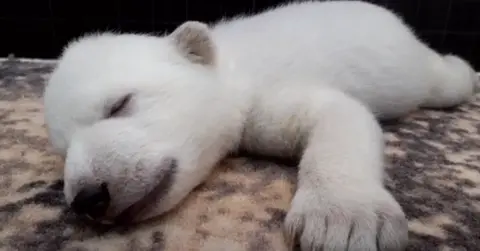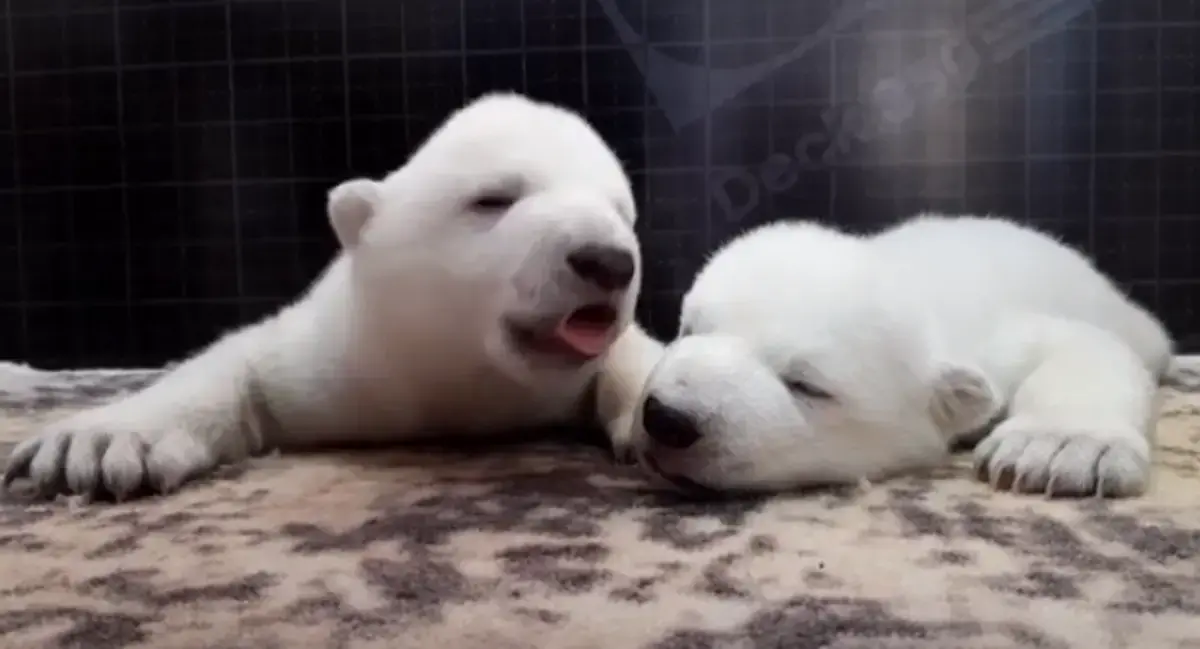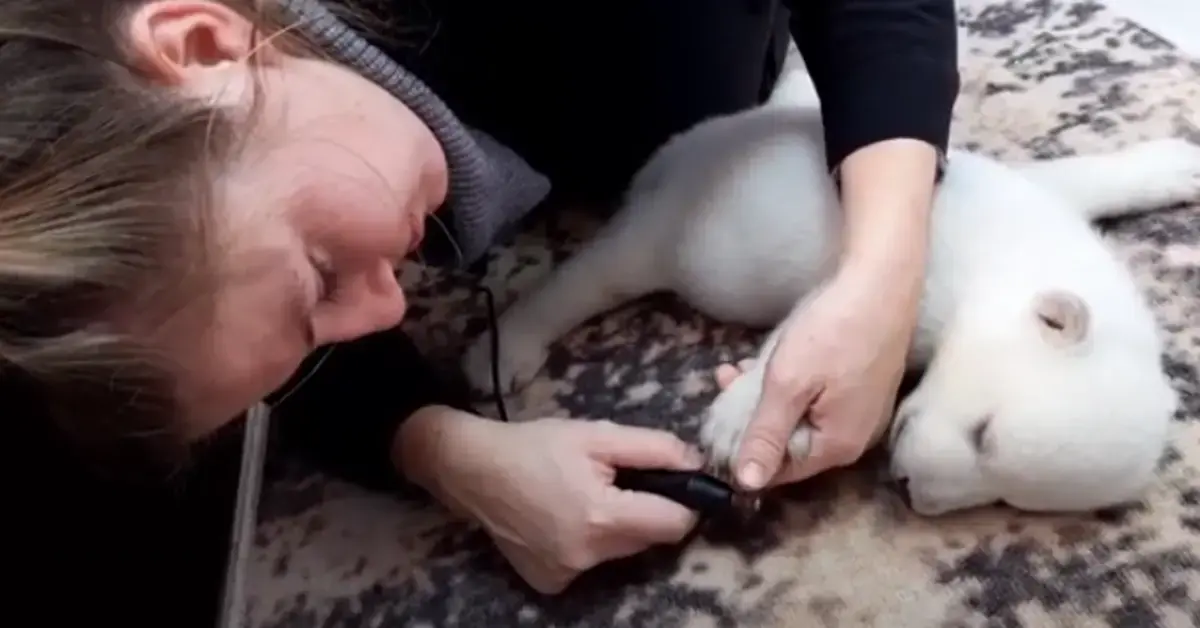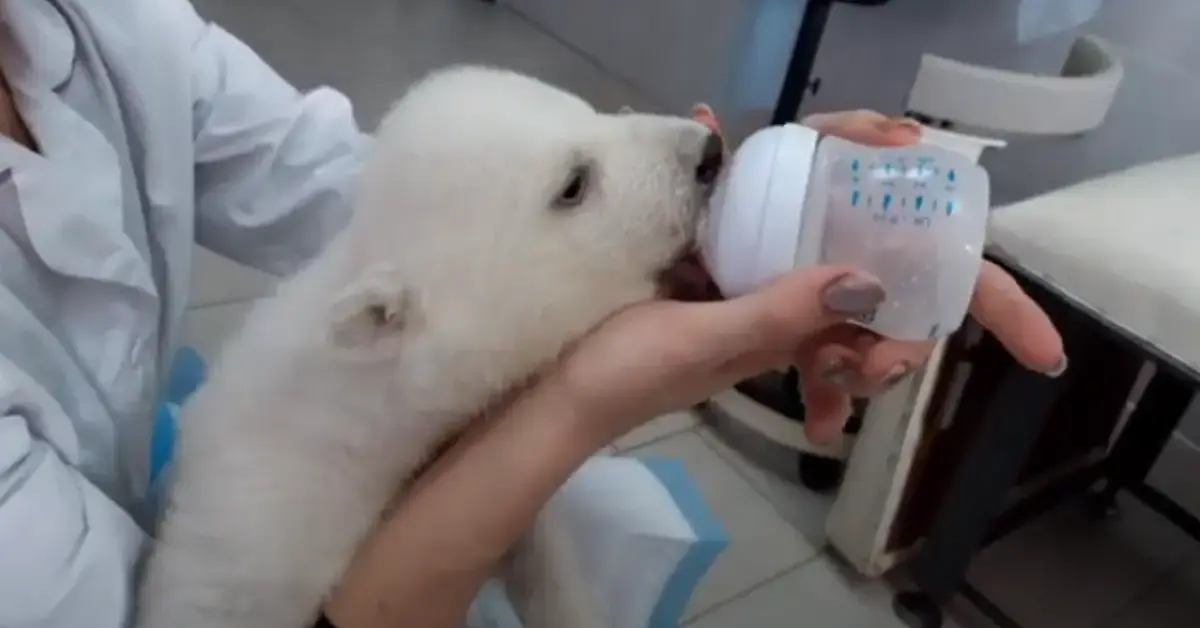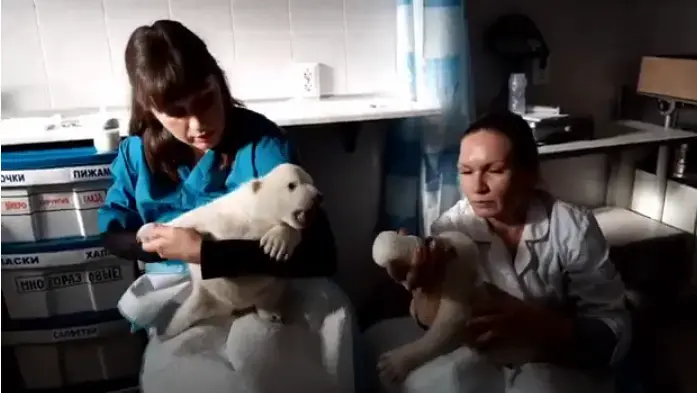Polar Bear Cubs Rejected by Mom Get a New Lease on Life with Surrogate Human Moms
Updated Jan. 20 2021, 11:34 a.m. ET
Mother nature can be absolutely brutal sometimes, and it's that harsh, callous attitude towards life that is oftentimes responsible for breeding such stalwart evolutionary specimens. It's why a lot of nature documentary filmmakers often take a "hands-off" approach when it comes to the trials and tribulations animals undergo. However, animal sanctuaries and zoos are more than happy to "interfere" in the affairs of creatures, especially endangered ones.
The population of polar bears is decreasing as time progresses, making them a vulnerable species, and four cubs who were born in captivity now need the care of new human "mothers" after their mom rejected them at birth.
There are several reasons why mothers "reject" their babies at birth according to VioVet. Sometimes, large mammals do so because they simply don't have the means of nursing their children.
If a baby is born with a defect or weakness, mothers will be quick to either cull the creature or leave them to die so she can focus on other, stronger children. Animal abandonment in captivity does indeed occur, and researchers have studied their behaviors to better understand postpartum depression in humans.
However, it could be argued that there are higher levels of baby abandonment in captivity due to increased levels of depression in animals who spend their lives in zoos.
Whatever the impetus for this polar bear mom to not care for her babies, the staff at the Gelendzhik Safari Park they were born in was quick to care for them.
Four separate human surrogate moms fed the babies warm milk and gave them massages, constantly monitoring and caring for them 24 hours a day, seven days a week.
The little fuzzballs also received manicures and are maturing at a normal pace, which means they're getting massive already, which is par the course for the arctic-dwelling mammals: they have an average lifespan of about 15 years in captivity, but 30 years in the wild.
It's notoriously difficult to get polar bears to breed in captivity, yet the cubs' mother did (obviously) conceive and had built a den for her cubs before their birth. However, she abandoned them at birth. She didn't attempt to harm or hurt them, as some animals do.
These four polar bears will most probably live out their lives in captivity at the park. At this point, their caretakers state that the cubs are still too young for the staff to differentiate between the four of them, "They know the scent of our skin and clothes, and sensing any of us getting close to them means just one thing: mother is here, and food is coming," Gelendzhik Safari Park deputy director Yelena Milovidova, said, as per the Daily Mail.
As cute and cuddly as the photographs are, there's a very real worry about the bears' future.
"There were no previous cases of nurturing polar bear cubs rejected by their mother in a Russian zoo. This is the first experience for us. In the world, there were only five or so cases of polar bear cubs raised since birth in captivity. I do hope that we will succeed," Milovidova added, according to the Daily Mail.
The team at the zoo tried to get the babies' mother to nurse them, but all attempts to do so ultimately failed. The babies are still eating and just opened their eyes for the first time, they will double in weight every two weeks or so from here on out.
